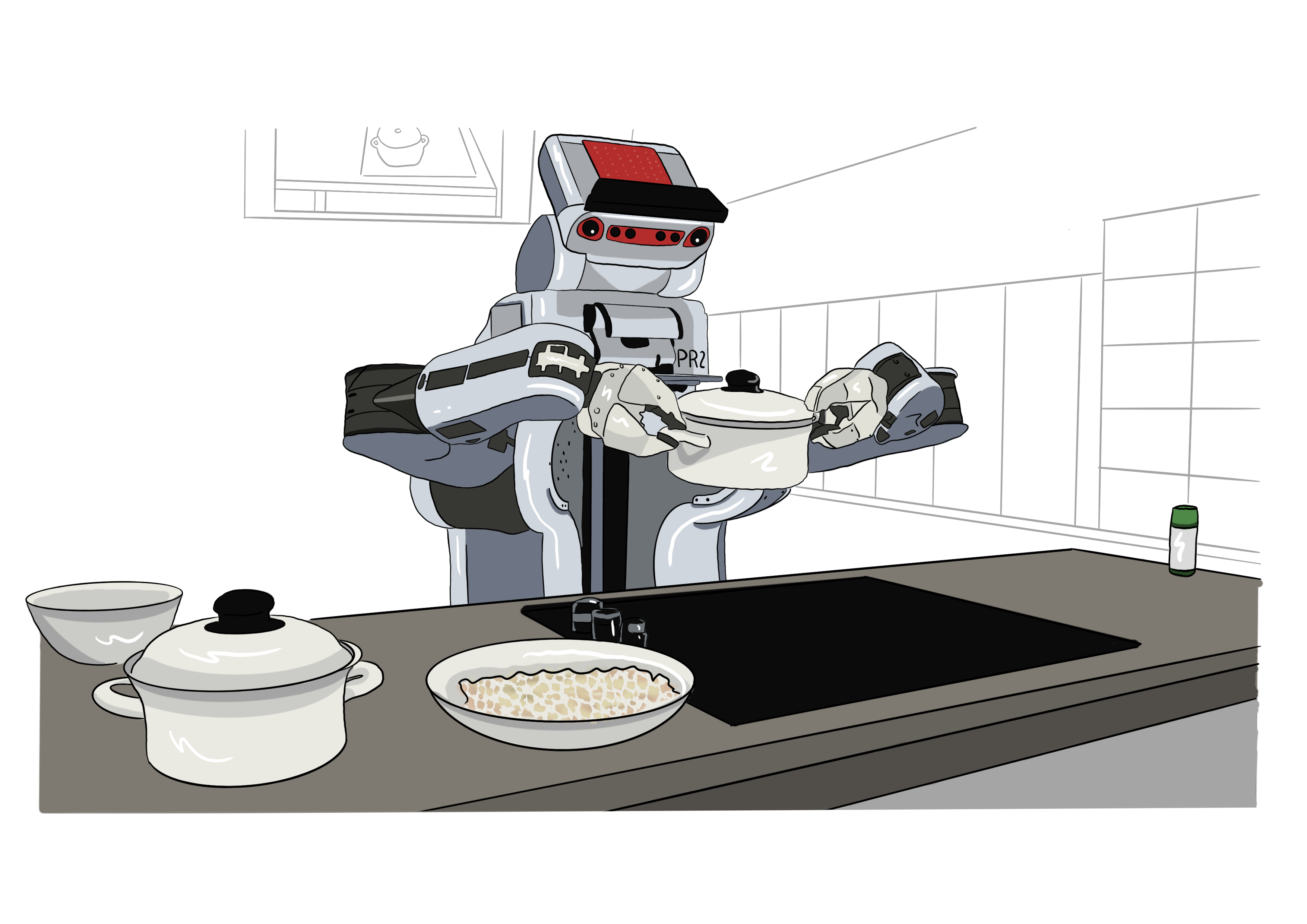
Prof. Michael Beetz
Biography of instructor/staff member #1

The lecture deals with current techniques for the implementation of technical cognitive systems, i.e. intelligent computer systems that have sensors and actuators. Such systems are mainly used in areas such as service robotics, autonomous space probes, intelligent living and working environments and driver assistance systems.
The following topics are covered:
Solid knowledge in basic computer science concepts and programming is assumed.
The course consists of ten modules which introduce the required components for a cognition-enabled robot agent. For each module, a self-assessment survey is provided before and after the course content. In addition to the teaching material, each module provides a learning exercise.

Biography of instructor/staff member #1

Biography of instructor/staff member #2

Biography of instructor/staff member #3
There will be a written task at the end of the semester followed by an oral exam.